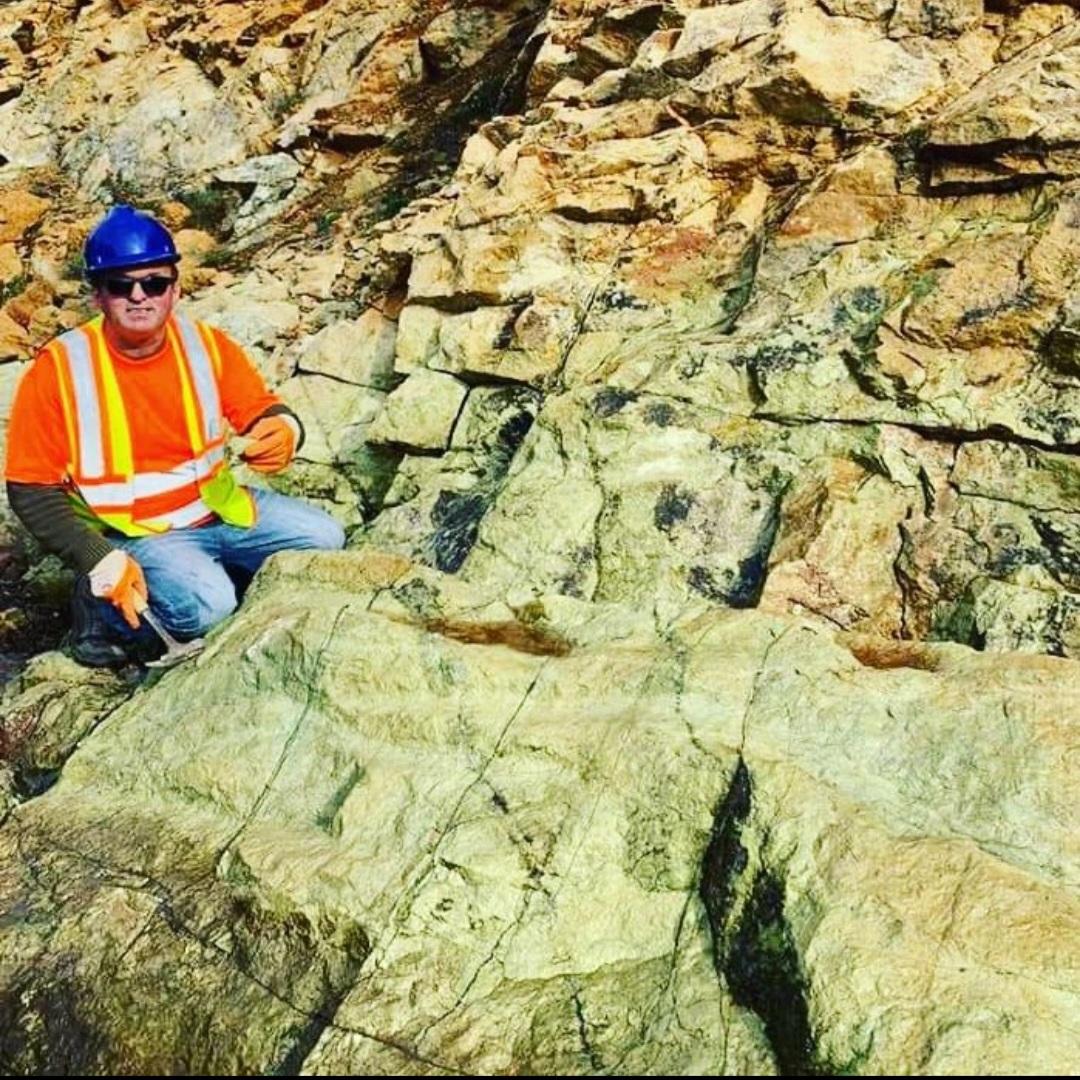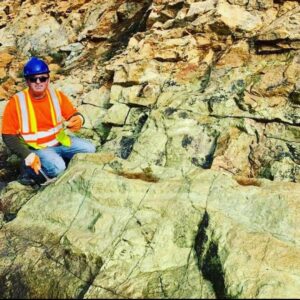
Hydrogen emerges as a eco-friendly alternative to methane, commonly known as natural gas. As the most abundant chemical element, it constitutes an estimated 75% of the mass of the universe.
Back on Earth, hydrogen atoms abound in water, plants, animals, and, notably, within the human composition. Despite its prevalence in the molecular fabric of living organisms, hydrogen exists in the gaseous state at an exceedingly low concentration—less than one part per million by volume.
The production of hydrogen can be sourced from various outlets, including natural gas, nuclear power, biogas, and renewable energy such as solar and wind. The formidable task lies in efficiently harnessing hydrogen at a large scale to serve as a viable gas for powering our residences and businesses.
Geologists possess a comprehensive understanding of numerous natural processes capable of generating hydrogen. However, discerning the potential of hydrogen resources necessitates pinpointing mechanisms capable of producing substantial quantities of the gas. Among these processes, scientists widely acknowledge that the interaction of groundwater with iron-rich minerals, such as olivine, stands out. (Olivine, a magnesium iron silicate with a green hue reminiscent of olives, serves as a notable example.)
In this interaction, water undergoes reduction to produce oxygen, bonding with the iron in the minerals, while hydrogen escapes into the surrounding rock. Once hydrogen materializes, various natural processes can absorb the gas. Notably, many microbes thrive on hydrogen, contributing to the existence of a vast, deep biosphere fueled by this element. Furthermore, the formation of petroleum from organic-rich rocks consumes available hydrogen, explaining its scarcity in conjunction with hydrocarbon gases like methane or propane.
Any residual hydrogen may find its way to porous rocks, potentially forming a gas accumulation. However, for such an accumulation to endure, an effective seal rock must be present to confine the gas. Contrary to long-standing assumptions by geoscientists, recent studies challenge the notion that hydrogen, with its small size, would inevitably escape even the tightest rocks. Molecular diameter analyses reveal similarities between hydrogen and helium, suggesting comparable trapping abilities within rock layers. . https://geoscientist.online/sections/unearthed/natural-hydrogen-the-new-frontier/
USGS scientists are incorporating these diverse factors into their model, enhancing our comprehension of the Earth’s natural hydrogen resource potential. The integration of these insights contributes to a more nuanced understanding of the complex dynamics governing hydrogen within geological processes. https://www.usgs.gov/news/featured-story/potential-geologic-hydrogen-next-generation-energy
Researchers at the University of Lyon have unveiled an innovative technique for extracting hydrogen gas from water, and surprisingly,
magnesium olivine rocks play a pivotal role in the process.
This groundbreaking method holds the potential to become a sustainable green energy source, generating abundant hydrogen through a straightforward combination of rocks and water.
What sets this approach apart is its ability to accelerate a chemical reaction that typically unfolds over geological timescales in nature. The key player in this reaction is the mineral olivine, which extracts one oxygen and one hydrogen atom from a water molecule (H2O). This process results in the formation of a mineral known as serpentine, liberating the surplus hydrogen atom in the course of the reaction. https://www.bbc.com/news/science-environment-25349983
The Fraunhofer Institute for Manufacturing Technology and Advanced Materials IFAM in Dresden has introduced a compelling innovation for the storage and transportation of hydrogen energy—a magnesium hydride-based “Powerpaste.” This breakthrough technology securely holds hydrogen in a chemical form, maintaining atmospheric pressure and allowing for on-demand release.
With a hydrogen capacity of approximately 10 mass-% (translating to 10 kg POWERPASTE yielding 1 kg of hydrogen), the Powerpaste boasts impressive specific energy at 1.6 kWh/kg and an energy density of 1.9 kWh/liter. Remarkably, this represents a tenfold increase in capacity compared to Li-Ion batteries.
https://www.ifam.fraunhofer.de/en/Aboutus/Locations/Dresden/HydrogenTechnology/powerpaste.html
Sahit Muja, the Founder, Chairman, and CEO of Albanian Minerals Global Mining, emphasizes the vast potential embedded in Mother Nature’s profound resources. To fully grasp this potential, I have guided my teams to invest in geology, science, and technology, seeking innovative ways to harness and utilize these natural resources. “Olivine’s Green Magic: Pioneering Advances in Hydrogen, Storage, Lighter Alloys, and CO2 Sequestration” Sahit Muja said
Muja underscores significant progress in our understanding and utilization of magnesium olivine. This mineral marvel, from its role in hydrogen production to storage, CO2 sequestration, and the production of metals for batteries, is emerging as a pivotal element in green innovation.
Furthermore, Muja highlights the exceptional properties of magnesium, citing its remarkable strength and application in lightweight alloys that are reshaping various industries. The aerospace sector, in particular, boasts a rich history of deploying magnesium in both civil and military applications, spanning the manufacturing of aircraft, rockets, and space satellites.
Acknowledged as an ideal material, magnesium alloys stand out for their unmatched ability to reduce weight across a spectrum of industrial products. The lightweight structural composition of magnesium underscores its pivotal role in advancing technology and promoting sustainability.
Introducing Sahit Muja, a visionary and highly successful business leader, actively engaged in pioneering innovations in green nickel production, cutting-edge technology, and sustainable practices. Sahit Muja net worth exceeding 3.5 billion USD, Mr. Muja, a New Yorker of Albanian heritage, stands out as a renowned entrepreneur, visionary leader, and influential investor who has made an indelible mark on the global business landscape.
Muja’s private ownership of a vast array of minerals, estimated to be worth hundreds of billions of US dollars, solidifies his position as a key player in the global market. His journey from a challenging childhood marked by poverty to becoming a highly successful mining CEO exemplifies resilience and hard work.
In the mining industry, Muja’s innovative and technology-driven approach has revitalized struggling mining sites, elevated safety standards, and stimulated economic growth. His strategic focus on securing EV supply chain minerals, including green nickel, cobalt, and magnesium, aligns with the imperative of a clean energy transition.
Mr. Muja has extended his innovation-driven approach to various industries, turning around businesses through the implementation of cutting-edge technology. He has spurred economic growth, job creation, and entrepreneurship while simultaneously championing environmental stewardship and supporting local communities.
Diversifying his investments, Muja has forged a new strategy concentrating on battery ingredient minerals such as lithium, manganese, aluminum, and graphite—the backbone of the clean energy transition. His commitment to environmental, social, and governance (ESG) standards is uncompromising, reflecting a vision aligned with sustainable practices.
Involved in numerous mining projects, joint ventures, and holding substantial shares globally, Sahit Muja is the Founder and CEO of Global Mining and Green Minerals, as well as an investor in construction, real estate, and over 500 companies worldwide. His current holdings include the world’s largest magnesium reserves, one of the world’s largest high-grade chromium reserves, and substantial reserves of nickel, cobalt, and rare earth minerals.
Beyond mining, Muja has built a legacy in environmental technologies and sustainable resource management. He invests significantly in green energy and environmentally friendly technologies, co-founding a US-based company focused on natural solutions to address climate change, water pollution, air pollution, land degradation, and deforestation.
Recognized globally for his commitment to ESG standards, Sahit Muja’s dedication to innovation, technology, and sustainable practices in the mining industry positions him as a notable figure in the business world. His leadership extends to addressing global challenges, making significant strides in sustainable resource management and environmental technologies.
Muja emphasizes the unprecedented interest in magnesium, a sustainable supply for new batteries and lighter alloys, with applications in hydrogen production, wind turbines, robots, and carbon dioxide capture. His role as a global business leader involves overseeing the discovery of over 1 trillion tons of valuable minerals and building a diverse team of experts in science and technology committed to the sustainable use of natural resources.
Muja underscores the importance of applying, adapting, and developing new technologies in the mining industry to meet global climate ambitions, with a focus on innovations that promote sustainable and intelligent mineral extraction.






























